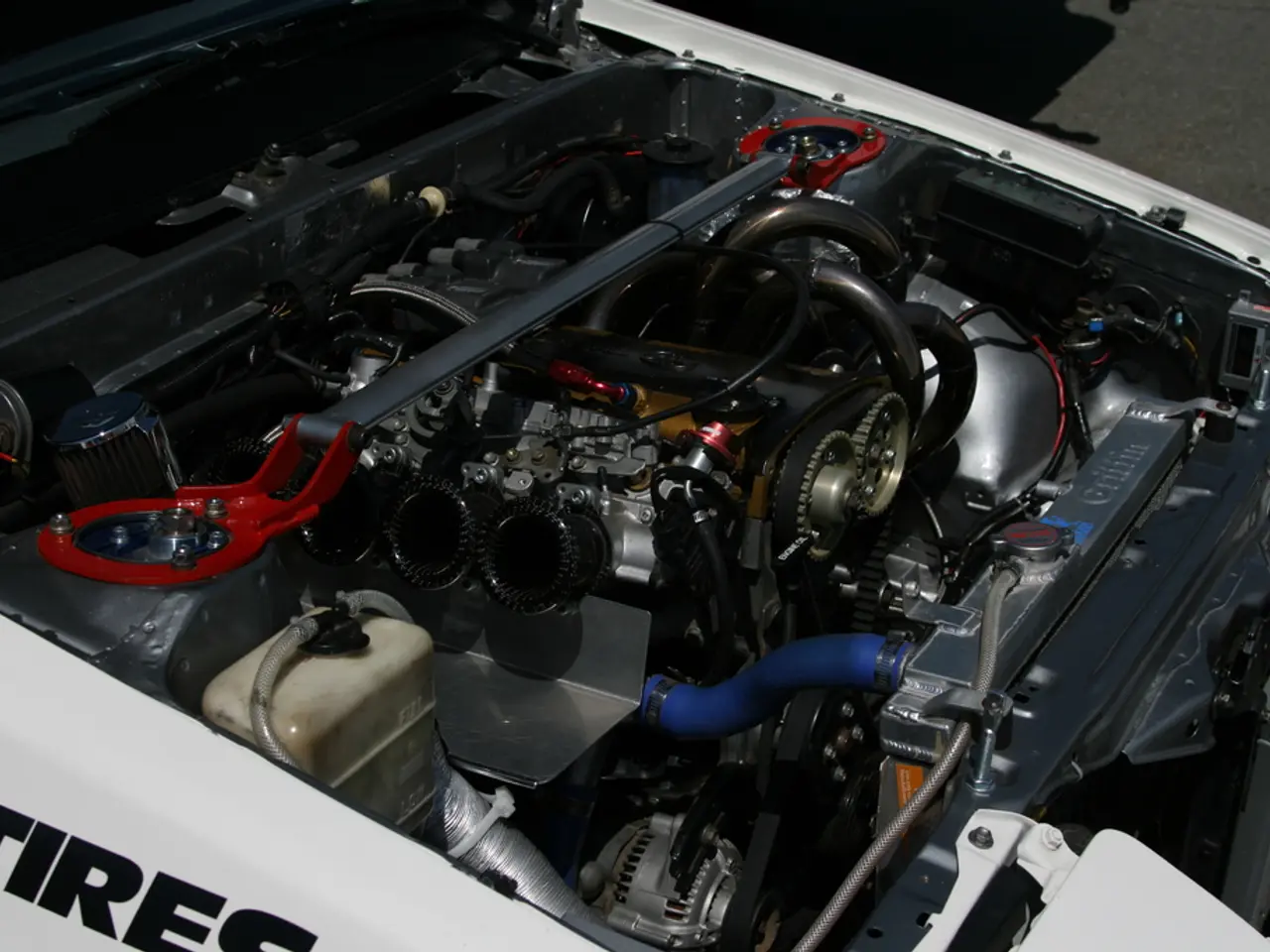Struggling EV automakers in Europe confront resource scarcity challenge
The Transport & Environment (T&E) research group has released a report emphasising the importance of a robust European electric vehicle (EV) ecosystem. The report encourages policymakers and industry stakeholders to support its creation, as the demand for EVs is set to rise significantly by 2030.
The report highlights a 'great raw materials disconnect' in the midstream and upstream segments of the EV supply chain. European automakers, such as Renault, Mercedes-Benz, Volvo, and BMW, are currently lagging behind in securing the necessary raw materials sustainably. This disconnect could potentially lead to a decline in the global stock market standing for European carmakers.
The major mining licenses securing lithium, nickel, and cobalt for European automakers until 2030 are predominantly located in top producing countries, especially the Democratic Republic of Congo for cobalt. However, specific named licenses are not detailed in the available sources. T&E recommends that European OEMs actively support the development of local supply chains to mitigate this risk.
Europe, the second-largest electric car market after China, is facing a shortage of crucial battery minerals such as cobalt, lithium, and nickel. Less than a fifth of the estimated demand for these minerals has been met based on publicly disclosed contracts. The high concentration of critical mineral supply in Asia poses a risk to European carmakers' resilience and Europe's strategic autonomy.
The report urges European carmakers to accelerate their transition to EVs and secure the necessary raw materials sustainably to avoid losing market share to well-established Chinese and American EV makers. Tesla has emerged as the front runner in a detailed ranking of preparedness for the 2030 electrification targets. Volkswagen leads among traditional European carmakers, but Ford and Stellantis show relative preparedness. German carmakers such as BMW, Mercedes-Benz, and Volkswagen are commended for their efforts in adopting responsible supply chain practices.
To ensure the long-term success of the EV industry, the report calls for policymakers to implement rules that foster sustainable battery cell manufacturing. European carmakers are encouraged to adopt more proactive strategies to secure these crucial minerals, such as direct procurement from miners and recyclers, resource efficiency, and innovation in battery chemistries.
The report serves as a critical call to action for European carmakers to redefine their strategies and secure their position in the global EV landscape as the stock market continues to evolve rapidly. Failure to address the raw materials disconnect and secure the necessary raw materials sustainably could result in a potential decline in global stock market standing for European carmakers.








